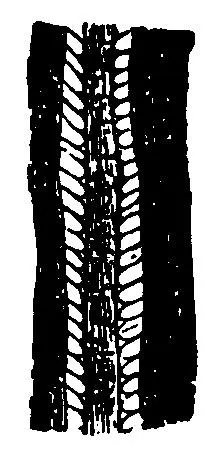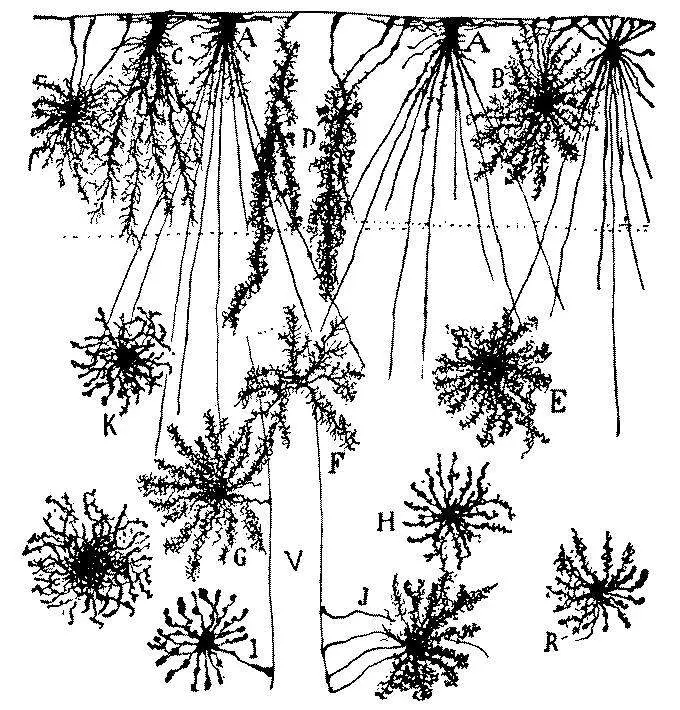James Walsh - Psychotherapy
Здесь есть возможность читать онлайн «James Walsh - Psychotherapy» — ознакомительный отрывок электронной книги совершенно бесплатно, а после прочтения отрывка купить полную версию. В некоторых случаях можно слушать аудио, скачать через торрент в формате fb2 и присутствует краткое содержание. Жанр: foreign_prose, psy_theraphy, foreign_edu, foreign_antique, на английском языке. Описание произведения, (предисловие) а так же отзывы посетителей доступны на портале библиотеки ЛибКат.
- Название:Psychotherapy
- Автор:
- Жанр:
- Год:неизвестен
- ISBN:нет данных
- Рейтинг книги:4 / 5. Голосов: 1
-
Избранное:Добавить в избранное
- Отзывы:
-
Ваша оценка:
- 80
- 1
- 2
- 3
- 4
- 5
Psychotherapy: краткое содержание, описание и аннотация
Предлагаем к чтению аннотацию, описание, краткое содержание или предисловие (зависит от того, что написал сам автор книги «Psychotherapy»). Если вы не нашли необходимую информацию о книге — напишите в комментариях, мы постараемся отыскать её.
Psychotherapy — читать онлайн ознакомительный отрывок
Ниже представлен текст книги, разбитый по страницам. Система сохранения места последней прочитанной страницы, позволяет с удобством читать онлайн бесплатно книгу «Psychotherapy», без необходимости каждый раз заново искать на чём Вы остановились. Поставьте закладку, и сможете в любой момент перейти на страницу, на которой закончили чтение.
Интервал:
Закладка:

FIG. 18.—AN ARTERY FROM THE CEREBRAL CORTEX.—One can see numerous fine fibers passing over to the brain substance (Obersteiner).
Ease and Pleasure in Mental Operations.—On the other hand this same set of ideas explains many things otherwise difficult of understanding. For instance, we all know that habit enables us to apply ourselves to a particular subject with ever growing ease. What was extremely difficult for us at the beginning, may after a time become comparatively easy, and later even positively pleasant. Study, that is application of mind, is, at the beginning, for most people, not agreeable. If persisted in, it almost inevitably becomes a pleasure. Hard exercise of any kind is, at the beginning, sure to require great energy of purpose, and requires some subsidiary motive of approbation or reward to make us persist in it. But what was a distinct labor at the beginning becomes pleasant after a while. This may be applied to the neuroglia cells apparently as well as to the muscle fibers. On this theory, the reason for the gradual acquirement of an intense pleasure in the intellectual life becomes easy to understand.
Dangers of Over-attention.—The danger of concentration of mind on one's self, quite as much as on any other subject, becomes clearer when this theory is accepted as explaining the physical basis of the mental operations involved in attention. If people allow thoughts of themselves and of their physical processes constantly to occupy their minds, gradually that portion of the brain ruling over these becomes over-fatigued and fails to respond to the calls for relaxation. Insomnia may develop readily as a consequence of continued solicitude and prove to be, as the worst forms of insomnia so often are, quite unamenable to direct drug treatment, because, even during the enforced sleep that comes from drugs, dreams with regard to self and the supposed ills may still occupy the overworked portion of the brain. Nervous people are, most occupied with those parts of the brain which have something to do with the omission and transmission of trophic influence to particular parts of the body. As a consequence of the persistent hyperemia, too many trophic impulses are sent down. These cause an exaggeration of physiological function, in the stomach, the heart, or some other important organ. Hence these organs may become oversensitive.
For all these reasons, this theory of attention, of the great Spanish investigator, deserves to be well known by those who hope to treat neurotic affections, especially functional diseases of the brain, and therefore I prefer once more to give it in his own words. 15
Ramon y Cajal's Theory of Attention.—Under usual conditions, the motor apparatus of the gray matter suffices for the explanation or the varied course of association of ideas and of the reaction produced by voluntary motion. But as soon as attention is concentrated upon an idea, or a small number of associated ideas, there enters into the problem, besides the active retraction of the neuroglia of the corresponding part of the brain, a new factor—the active congestion of the capillaries of the over-excited region. As a consequence of this, the energy of emotion reaches a maximum. The heat and metabolism of the hyperemic parts is increased, which, of course, makes these parts capable of more work.

FIG. 19.—NEUROGLIA CELLS OF THE SUPERFICIAL LAYERS OF THE BRAIN FROM AN INFANT AGED TWO MONTHS (method of Golgi). A, B, C, D, neuroglia cells of the plexiform layer; E, F, G, H, K, R, neuroglia cells of the second and third layers; I, J, neuroglia cells with vascular pedicles; V, blood-vessel. (Ramon j Cajal.)
This congestion of various parts of the brain has been experimentally observed by a number of physiologists. It can be best explained by considering that the will has an influence upon the nerves which produce a dilatation of the blood-vessels in different parts of the cerebral cortex. The process of attention, however, by which intellectual activity is concentrated upon a limited number of ideas, seems to be but very little under the control of the sympathetic nerve endings.
As a matter of fact, the capillaries of the brain are wanting in nerves and smooth muscle fibers. Hence they are not under the control of the sympathetic system. Only the relatively large arteries of the pia mater, which possesses a tunica muscularis are under a certain limited control of the sympathetic, which is able to produce in them an incomplete and not very well limited congestion. One of the difficulties of the problem of the activity of the sympathetic is best realized when we recall that vasomotor activity is usually involuntary. The process of attention, however, is entirely conscious and voluntary.
In the hypothesis that we have given, most of the difficulties disappear. Under the influence of the will, the pseudopod branches of the neuroglia cells, which end in the walls of the capillaries, contract. As the result of this, the bloodvessels, all of which are surrounded by lymph spaces, dilate, and this dilatation may proceed to such an extent that the vessels occupy the whole of the lymph spaces. Thus we can easily understand how the very limited congestions which are necessary for the concentration of thought upon a single idea may be brought about.
The perivascular lymph spaces which exist in the brain seem to be for the purpose of making these limited hyperemias easier. At the same time they serve a very useful purpose in preventing pressure or concussion, such as might be caused upon the neighboring nerve cells by too great dilatation of the blood vessels of a part.
It is needless to add that we do not consider the hypothesis that we have advanced to be absolutely without objection. On the contrary we believe that, owing to the difficulty of the problem and our, as yet, extremely slight knowledge of the anatomy and physiology of the nerve protoplasm, any theory as to the special mechanism of psychic processes is sure to be faulty. Rational hypotheses, however, which are supported by well-known facts, are not only justified, but are often fruitful of suggestive ideas. A scientific hypothesis often gives a new direction, suggests an untried method of observation, or hints at new ways of experiment, and, though it may not lead directly to truth, always brings us closer to methods of investigation and of criticism that are invaluable. Even though our further investigations should not confirm our hypothesis, the result will not be less positive. Negative conclusions lessen the number of possible hypotheses and therefore diminish the possibility of error in future investigations.
MEMORY
It is evident that some of the physical mechanisms that are employed for the lower grade mental processes at least can be explained on the neuroglia theory. Memory we share to a great extent with the animals, and for this the physical processes can be rather interestingly studied. We have all had the experience of being unable to recall a word when we wanted it. Commonly the word is a proper name with which there are not many direct connecting ideas, so that, somehow, we seem unable to trace the word to its depository in the brain. Occasionally we are sure that we know the first letter of the word. Sometimes we are able to name this letter, and, if we do so, the rest of the word will usually turn up a moment later. At times, however, the word fails to come and we grope for it. Then if we stop deliberately seeking it, the word will often after a longer or shorter time, come up spontaneously.
Читать дальшеИнтервал:
Закладка:
Похожие книги на «Psychotherapy»
Представляем Вашему вниманию похожие книги на «Psychotherapy» списком для выбора. Мы отобрали схожую по названию и смыслу литературу в надежде предоставить читателям больше вариантов отыскать новые, интересные, ещё непрочитанные произведения.
Обсуждение, отзывы о книге «Psychotherapy» и просто собственные мнения читателей. Оставьте ваши комментарии, напишите, что Вы думаете о произведении, его смысле или главных героях. Укажите что конкретно понравилось, а что нет, и почему Вы так считаете.












